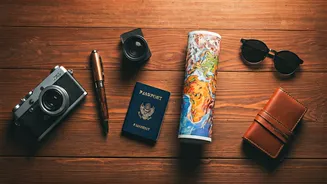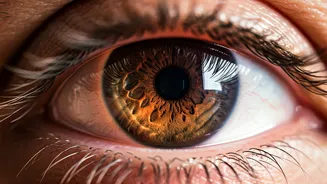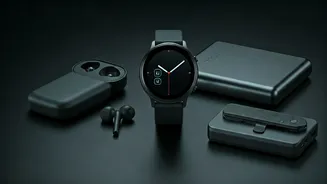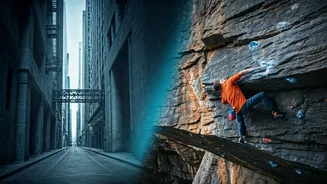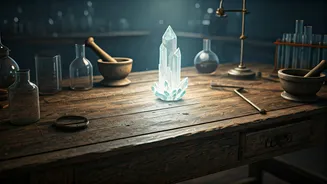A car accident can unfold in seconds, but what you do in the moments that follow can decide how safe you stay, how strong your legal protection is, and how smoothly your insurance process runs. Road safety
experts say that panic, missteps, or even a casual “sorry” can cost you later. In India, the risk is compounded by another factor: mobs that sometimes gather at accident sites and turn violent.
So what exactly should you do if you’re caught in a collision? Here’s a detailed guide.
What You Should Do Immediately After The Accident
The first step is always safety. Stop the vehicle, switch off the engine, engage the handbrake, and turn on the hazard lights so other drivers know something has gone wrong. If your car is blocking traffic or in danger of being hit again, move it slowly to the side of the road.
Check yourself and passengers for injuries. Cuts and bruises might seem minor, but shock can hide serious damage. If anyone is hurt or the road is blocked, call 112 (all-India emergency helpline) or 100 (police) straight away.
It’s Important To Stay Calm
Accidents are disorienting. In that confusion, many people instinctively apologise, even if they were not at fault. Safety experts warn against this. In legal and insurance terms, an apology can be treated as an admission of guilt.
Take a few deep breaths before speaking. Keep your tone polite and measured. Restrict your communication to practical details: names, phone numbers, licence plates, and insurance information. Leave it to the police and insurers to determine fault.
Record Details And Evidence
Your memory of the crash may blur, but evidence will remain. Gathering it on the spot (if you can) can save you from disputes later:
- Photos and video: Capture wide shots of the scene, close-ups of damage, skid marks, road conditions, and weather.
- Witnesses: If people saw what happened, take their names and contact details. Their statements can be vital in establishing what really occurred.
- Notes: Write down the time, date, location, direction of travel, speed, and anything unusual you observed.
- Dashcam: If installed, back up the recording immediately. It provides time-stamped proof of events.
- Nearby CCTV: Check if shops, buildings, or traffic posts have cameras that might have captured the crash.
Call The Police
Always involve the police if:
- Someone is injured.
- The other driver refuses to stop, share details, or seems intoxicated.
- You suspect the collision was deliberate.
Getting an official record is crucial. It protects you from false claims and helps in insurance settlements.
Inform Your Insurer
Call your insurance provider as quickly as possible. Even if you don’t intend to make a claim, reporting the accident ensures you aren’t blindsided if the other party files one. Provide accurate details, cooperate fully, and keep receipts for medical treatment or car repairs.
What If You’re Surrounded By A Mob?
This is a uniquely Indian risk. Crowds can quickly gather after an accident, and in some cases, emotions spiral into aggression. Here’s how to protect yourself:
- Stay inside the car if possible: Lock the doors, roll up the windows, and avoid stepping out unless it is safe.
- Call for help immediately: Dial 100 or 112 and share your live location with family or friends so they can also alert authorities.
- Stay respectful and non-confrontational: Don’t argue with bystanders. If you need to gesture, do so calmly.
- Move to a safe spot: If the crowd looks hostile and you have an exit, drive slowly to the nearest police station, toll booth, or petrol pump.
- Document discreetly: Video or audio recordings can deter violence, but avoid doing it in a way that provokes the crowd.
Your priority in such a scenario is personal safety. Property damage can be handled later through legal and insurance channels.
Why Is Medical Follow-Up Important?
Even if you feel fine, visit a doctor after an accident. Some injuries like concussions or internal trauma may not show up immediately. A medical record also strengthens any insurance claim you may need to file later.
The Bottom Line
The aftermath of a car accident is overwhelming, but a calm, step-by-step response makes all the difference. Secure the scene, check for injuries, collect evidence, and involve the police and your insurer. Never admit fault on the roadside. And in India, where mob anger can flare, always put your safety above everything else.


